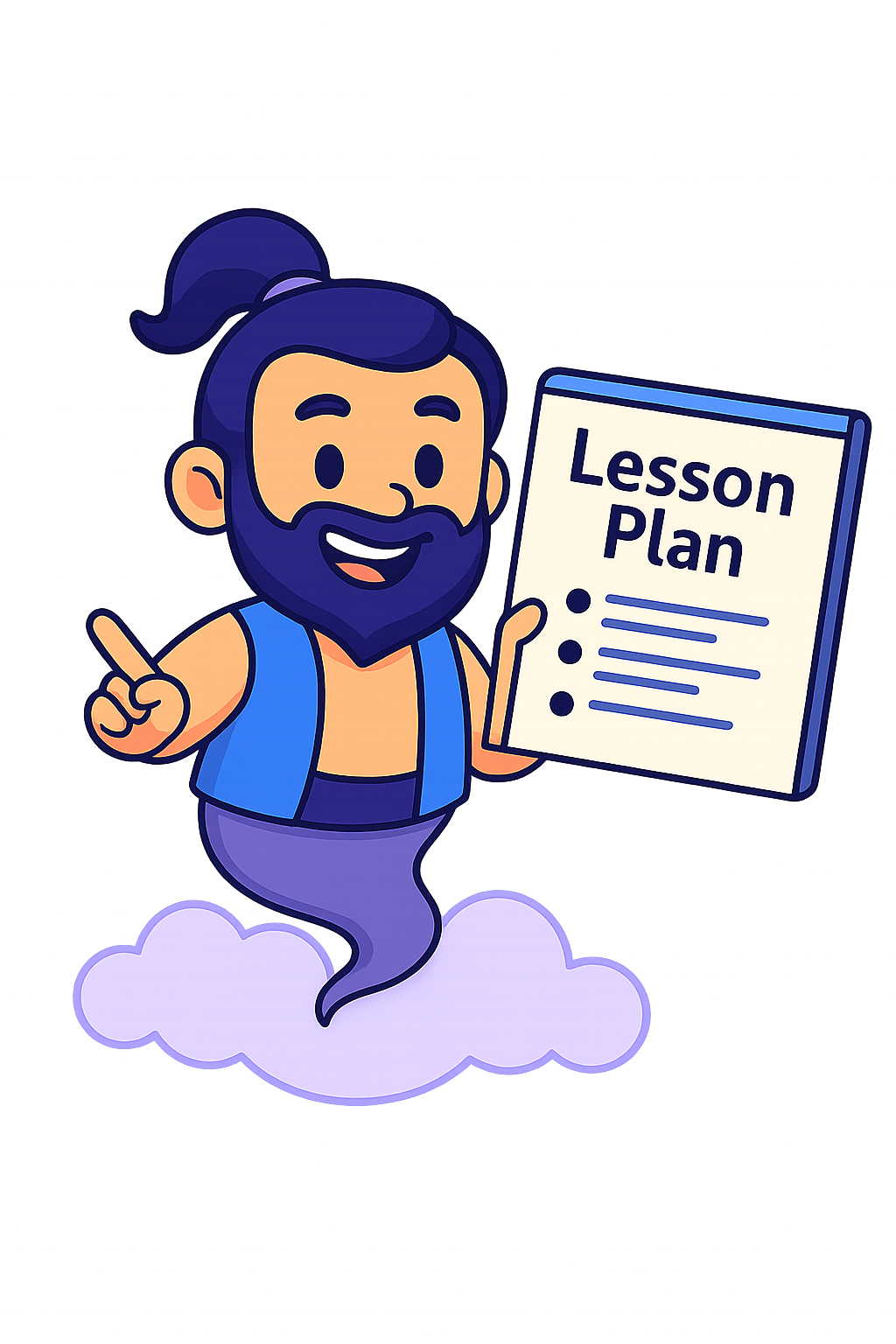 Understanding and Using Context Clues to Determine Word Meaning
Understanding and Using Context Clues to Determine Word Meaning
Objective: Students will learn to use context clues within sentences to determine the meaning of unfamiliar words, improving their vocabulary and reading comprehension skills.
Learning Objectives
- Identify unfamiliar words in a sentence or short passage.
- Use context clues such as synonyms, antonyms, or explanations to infer the meaning of these words.
- Demonstrate understanding by explaining the inferred meanings in their own words.
Materials Needed
- Printed sentences with unfamiliar words
- Worksheet for practice sentences
- Pencils
- Notebook or paper for notes
Key Vocabulary
- Context Clues
- Hints or information found within a sentence or paragraph that help define an unfamiliar word.
- Unfamiliar Word
- A word that a student does not know or recognize.
- Meaning
- What a word or phrase represents or refers to.
Detailed Activities
Discovering Meaning with Context Clues
- Begin by explaining the concept of context clues and why they are helpful when reading.
- Read aloud a sentence containing an unfamiliar word and model using context clues to figure out the meaning.
- Provide the student with a worksheet of sentences containing unfamiliar words and guide them to use context clues to determine meanings.
- Discuss the answers together, encouraging the student to explain their reasoning.
- Have the student write their own sentence using one of the new words they learned.
Parent & Instructor Notes
- Encourage patience and praise your child’s efforts as they practice using context clues.
- Read the sentences aloud together to help with pronunciation and understanding.
- Remind your child that sometimes guessing the meaning is okay, and it will get easier with practice.
Assessment Questions
- What is an unfamiliar word you found in the sentence?
- What clues helped you figure out the meaning of the word?
- Can you explain the meaning of the word in your own words?
Extension Ideas
- Have your child find unfamiliar words in their favorite books and practice using context clues at home.
- Create flashcards with new vocabulary words and their meanings for review.
- Write a short story together using some of the newly learned words.
Frequently Asked Questions
It’s okay for your child to make mistakes. Use it as a learning opportunity by discussing why the guess might be incorrect and what clues might lead to the right meaning.
Look up the word together in a dictionary or online. This models good research habits and helps your child learn to find reliable information.
Teacher’s Guide
Common Misconceptions:
- Students may think all unfamiliar words must be looked up immediately instead of trying to use context clues first.
- Students might confuse similar-looking words instead of focusing on sentence meaning.
- Some students may guess meanings based only on part of the word rather than the whole sentence.
Scaffolding Ideas:
For Struggling Students:
- Provide sentences with stronger context clues and fewer unfamiliar words.
- Use pictures or visuals to support understanding of new words.
- Work one-on-one to guide through the steps more slowly.
For Advanced Students:
- Challenge students with sentences that have multiple unfamiliar words.
- Introduce different types of context clues such as cause/effect or comparison/contrast.
- Encourage writing paragraphs using several new vocabulary words.
Pacing Recommendations:
- Start with a 10-minute introduction and modeling of context clues.
- Allow 20 minutes for guided practice with worksheets and discussion.
- Use the remaining 15 minutes for independent practice and review.
Standards
- 8.L.4 — Determine or clarify the meaning of unknown and multiple-meaning words and phrases based on grade 8 reading and content, choosing flexibly from a range of strategies.
Printable Worksheet
Plan Your Own Lesson
Looking for a custom lesson plan? Try our Lesson Planning Generator — create standards-based plans for any topic, instantly!
Common Core Aligned Lesson Plans
Looking for another common core lesson? See all of the lesson plans here.
More Free Lesson Plans
We’re adding more every week! Check back soon or explore all our lesson plans here.

 Understanding and Using Context Clues to Determine Word Meaning
Understanding and Using Context Clues to Determine Word Meaning
Leave a Reply